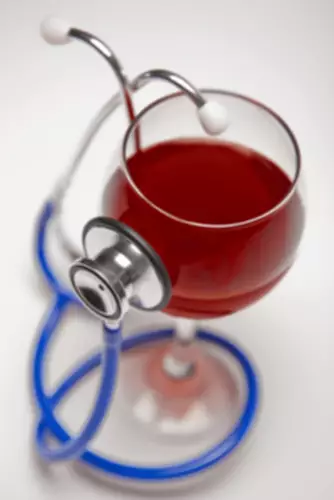Our Location
304 North Cardinal St.
Dorchester Center, MA 02124

If you keep drinking a lot of alcohol, it can cause more problems and make your depression and anxiety worse over time. In the past, alcohol addiction has been seen as everything from a moral failing to a curse or demonic possession. Throughout the 19th century and at the cusp of the 20th, the scientific community recognized the physical “disease-like” nature of the problem. We’re Recovery Unplugged, a behavioral health initiative bringing effective treatment right to your home. Because if there’s one thing more haunting than millions of addiction deaths, it’s knowing they’re preventable. Alcohol use disorder (alcoholism) is included in the fifth edition of the Diagnostic and Statistical Manual of Mental Disorders (DSM-5).

Surgeon General, there is well-supported evidence to suggest that alcohol use disorder leads to dramatic changes in the way a person’s is alcoholism a mental illness brain functions1. Addiction is a disease, but like many diseases, alcoholism isn’t curable. For those who are experiencing an addiction to alcohol, a future free of alcohol dependence exists. Treatment providers are available 24/7 to answer your questions about rehab, whether it’s for you or a loved one. Submit your number and receive a free call today from a treatment provider.
If you or a loved one is ready to address AUD and co-occurring disorders, the dedicated team at Phoenix Rising is https://ecosoberhouse.com/article/alcohol-and-aging-does-alcohol-make-you-look-older/ here to help. Recognizing alcoholism as a mental illness helps in destigmatizing the condition, promoting empathy, and encouraging more effective treatment approaches. This perspective is not just a matter of semantics; it’s a crucial framework for understanding and treating this complex condition. If you struggle with depression and anxiety, or other mental health problems, but would like to drink, the best advice is to stick within the Chief Medical Officers’ guidelines by not having more than 14 units of alcohol per week. That means about six pints of lager, or six standard glasses of wine, spread out over three or more days and with a few days off.

A health care provider might ask the following questions to assess a person’s symptoms. Whether alcohol use disorder is mild, moderate, or severe is based on the number of questions answered with a yes. If you said yes to 2-3 questions, it is likely mild AUD, 4-5 questions answered yes is moderate AUD, and 6 or more questions answered yes is severe AUD. For those seeking addiction treatment for themselves or a loved one, all phone calls are confidential and are available for 24/7 help. Any treatment center receiving calls from the site is a paid drug addiction treatment advertiser.

Alcoholism is a complex condition with biological, genetical, psychological, and social components that can occur due to both genetic and environmental factors. Many people are unsure whether alcoholism is considered a chronic disease, a mental illness, or both. The classification of alcoholism as a diagnosable mental illness doesn’t mean that there isn’t hope for a life free from alcohol abuse and its related symptoms. Instead, this classification means that research around it has produced treatment options, standards of care, and destigmatizing understanding. To better understand the links between alcoholism and mental illness, we answered a few common questions regarding the two. With dual diagnosis, the symptoms of alcoholism and a mental illness often feed off of each other.

Once the condition becomes apparent, it can be hard to pinpoint exactly when an alcoholic lost control. And yet, understanding the stages of alcohol use disorder can help you determine whether you or a loved one has a problem and how to help an alcoholic on the journey to recovery. The stages include problematic drinking, severe alcohol abuse, and obsessive alcohol abuse. Furthermore, under the Mental Health Parity and Addiction Equity Act of 2008, health insurance companies are legally required to cover treatment for substance abuse and mental health disorders, including alcoholism. In 2014, the Affordable Care Act (ACA) expanded on this law, requiring insurance carriers to cover mental health and substance abuse treatment at the same level as other essential medical services.